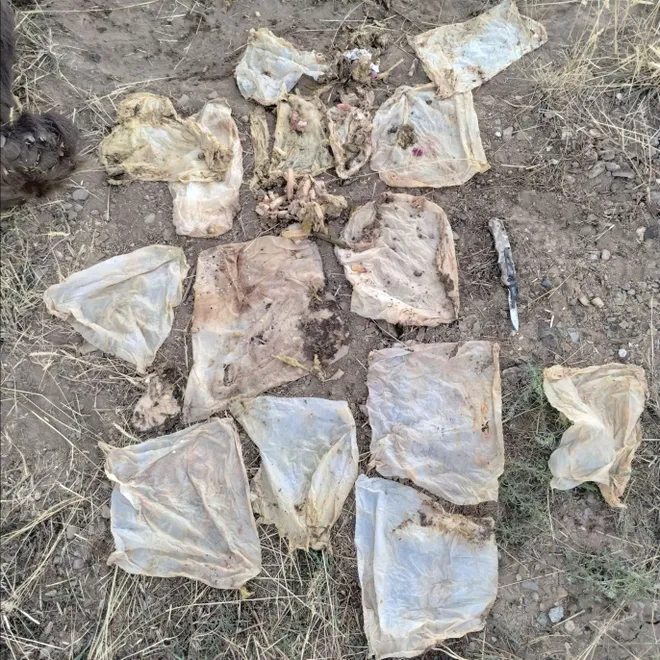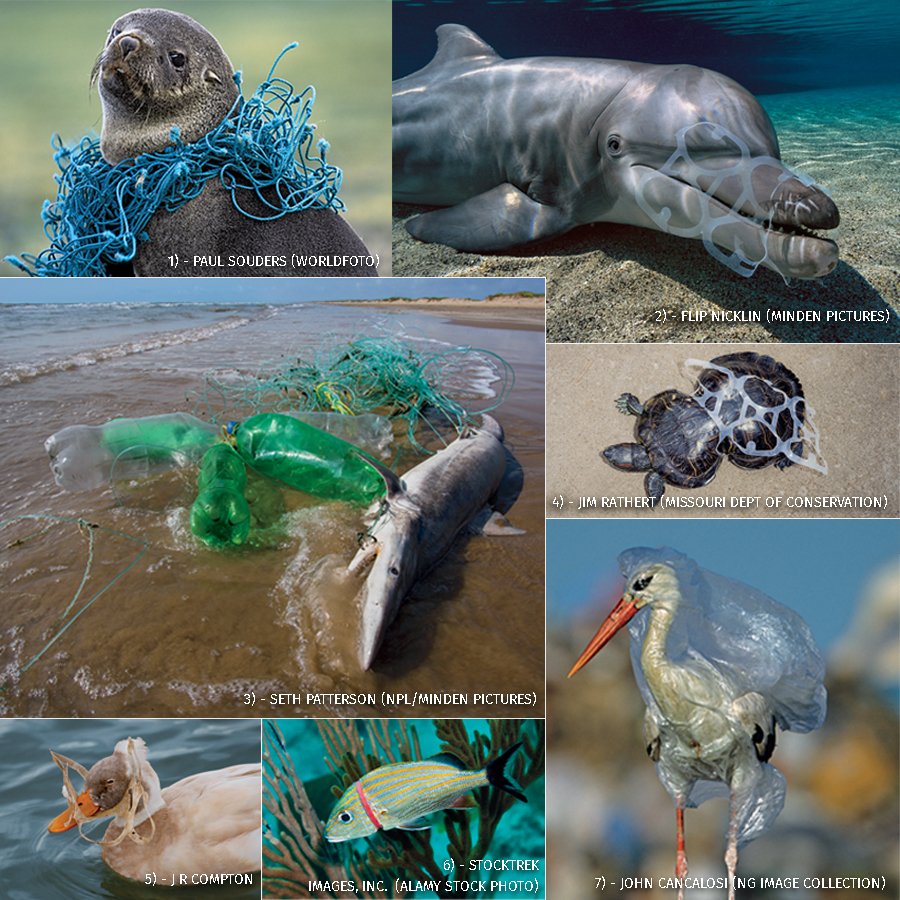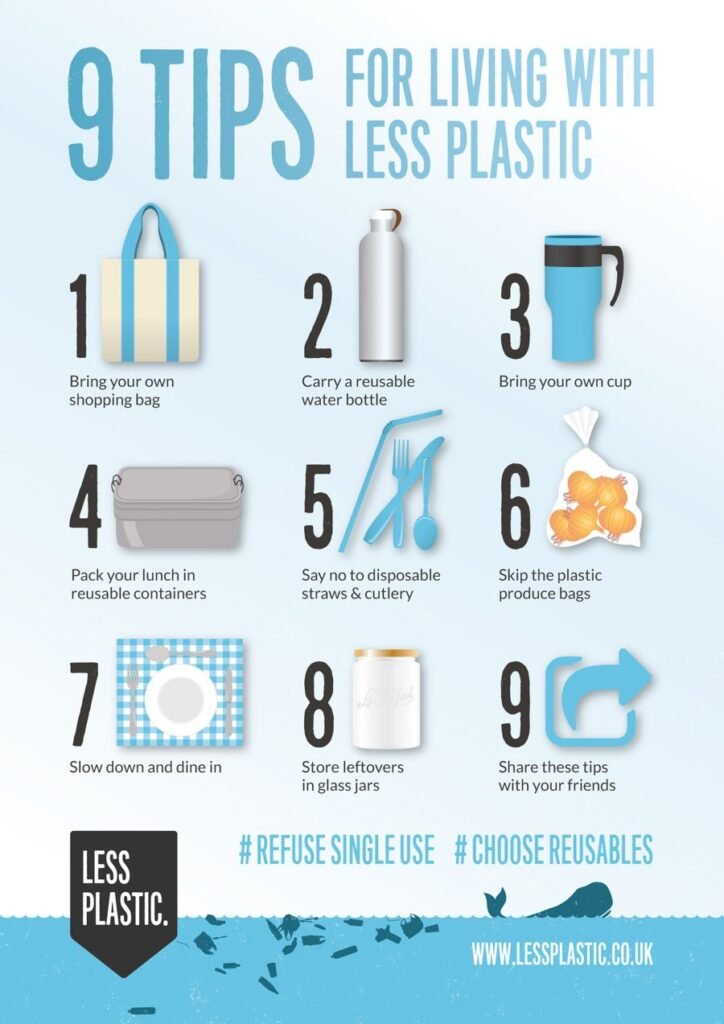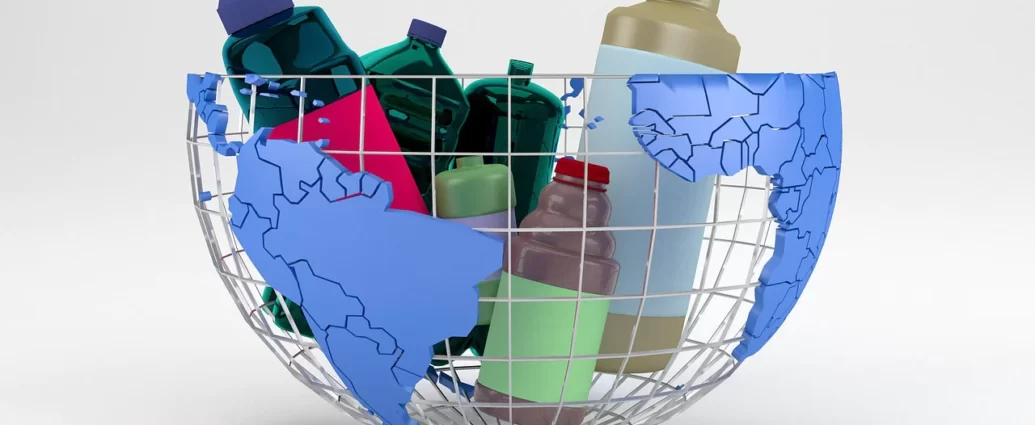Petroleum-based plastics are a global scourge, with devastating effects on wildlife and human health.
In Telluride, Colorado, a black bear was recently euthanized after its intestines were packed with plastic waste. This is just one example of the many ways that plastics are harming living beings around the world.

The pain and suffering of this bear is a stark reminder of the human impact on our planet. Our disposable culture is poisoning the environment and harming all living things.
Food packaging has been found in the scat of endangered animals, microplastics have been discovered in the intestines of fish, and young seabirds have died with hundreds of pieces of plastic in their stomachs. Even blue whales, the largest animals on Earth, are estimated to swallow 95 pounds of plastic in a single day.

It is vital that we take action to reduce our reliance on plastics and protect our planet and its inhabitants. We can all make a difference by reducing our plastic consumption, recycling properly, and supporting businesses that are committed to sustainability.

Here are some specific things we can do:
- Bring our own reusable bags, water bottles, and coffee mugs when we go out.
- Avoid single-use plastics like straws, utensils, and plastic bags.
- Recycle properly and dispose of plastic waste properly.
- Support businesses that are committed to sustainability and reducing their use of plastics.
By taking these steps, we can help to reduce the harm caused by plastics and create a cleaner, healthier planet for all.
Reference- World Wildlife Fund website, USA Today, Earthday Network Newsletter, Discovery Magazine






